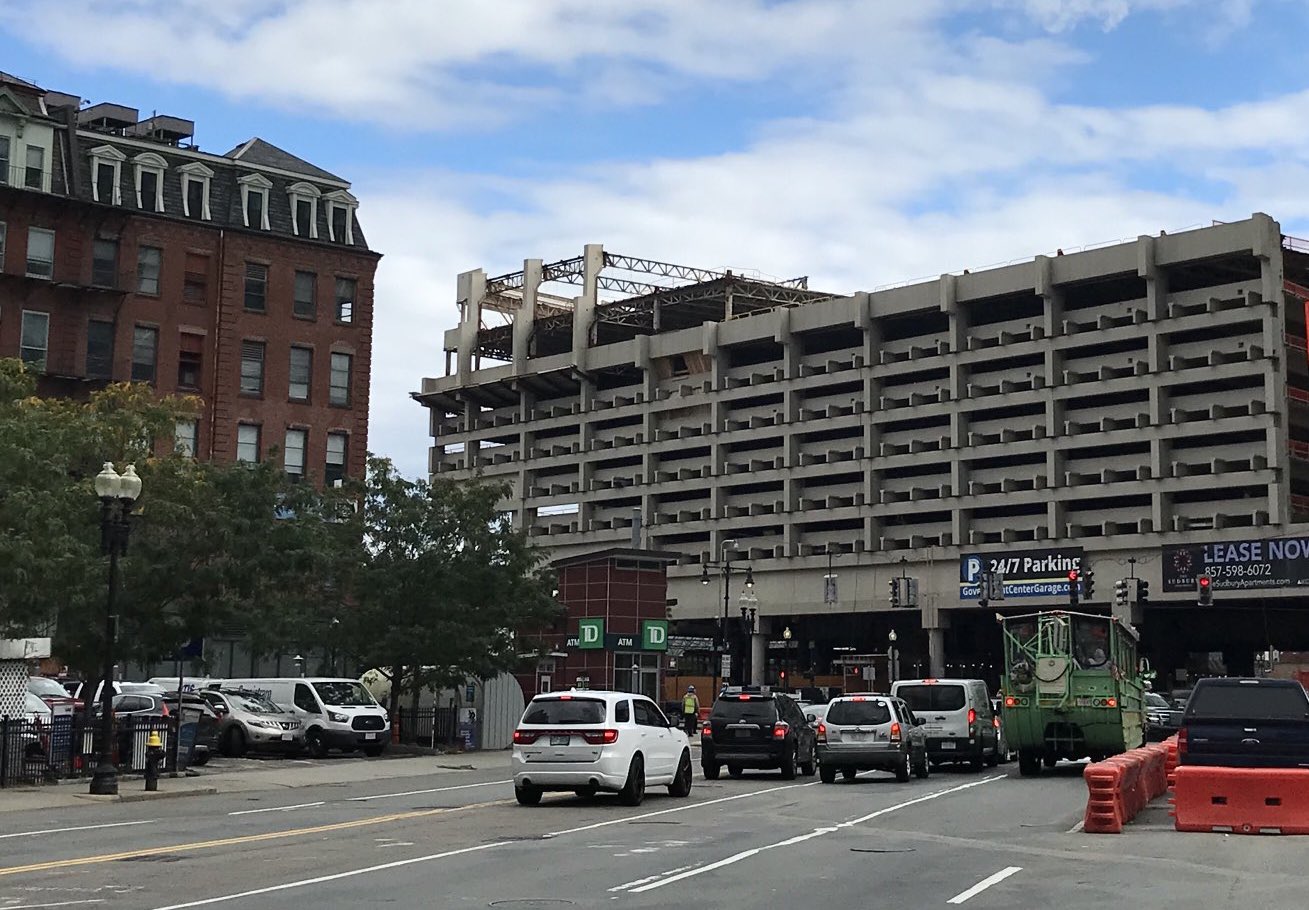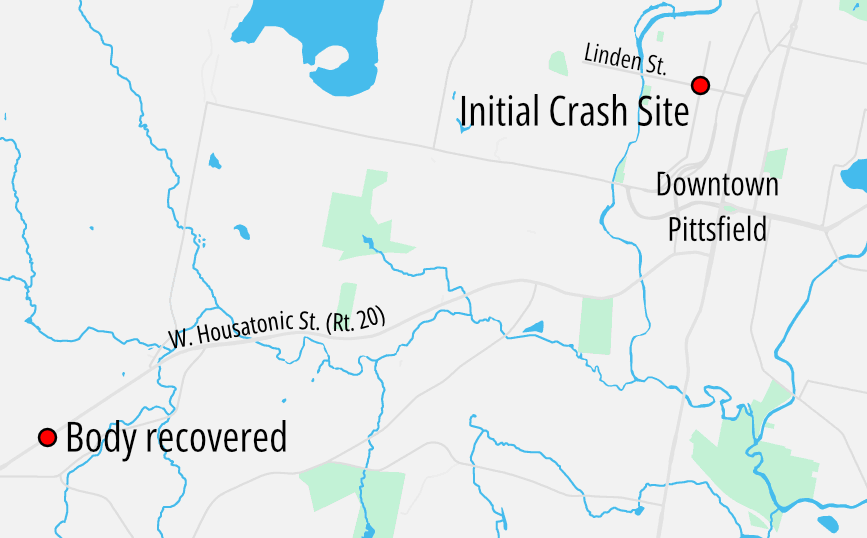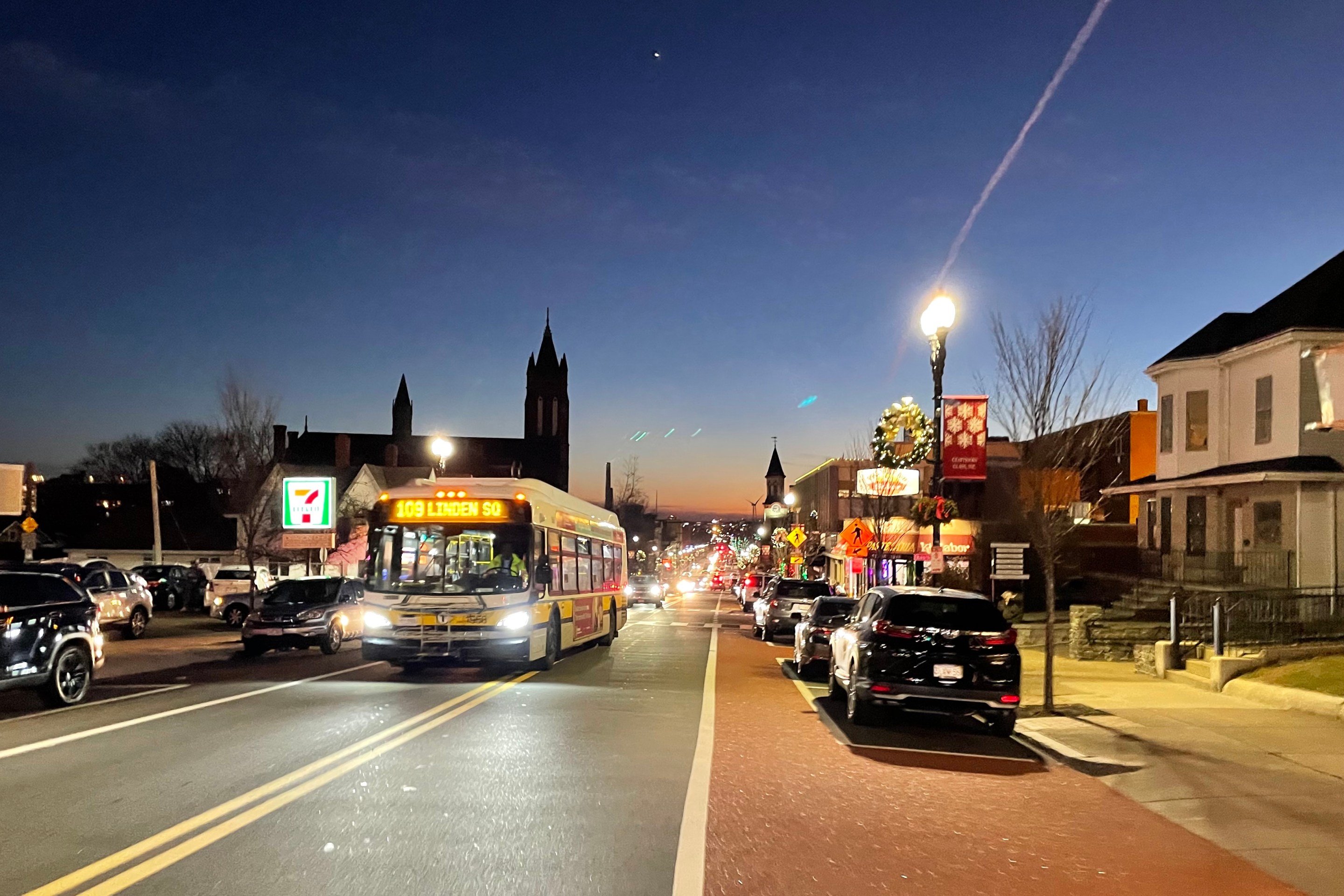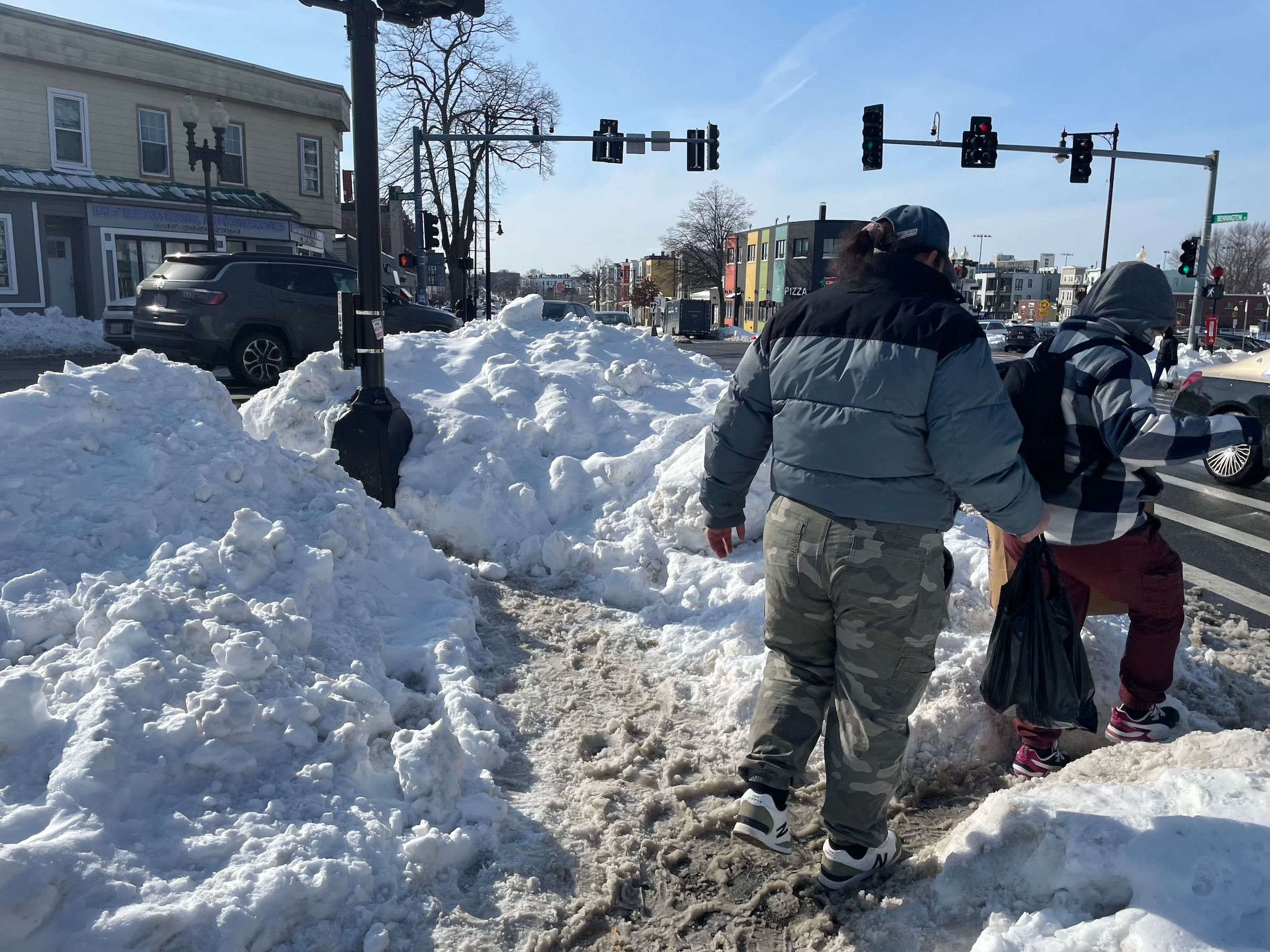The City of Boston recently announced new planning guidelines for large developments that will limit the amount of parking that developers will be allowed to build, with stricter limits applying in the city's most transit-accessible neighborhoods.
The guidelines are outlined in a new map, which specifies allowable parking ratios for housing, office, and institutional uses for different neighborhoods of the city.
In downtown, the South End, and Back Bay, where transit options are most abundant and city streets are the most congested, the new rules would limit developers to building, at most, 0.35 parking spaces per rental apartment, and 0.3 parking spaces per 1,000 square feet of office or lab space.
In more remote neighborhoods, like Roslindale and Brighton, the rules would limit parking to 1 space per apartment or per 1,000 square feet of office or lab space.
Related:
Throughout the entire city, the new guidelines also specify that zero parking would be allowed for new developments, in conjunction with required "transportation demand management" plans to provide more car-free transportation options.

“By reducing the number of required parking spaces in areas well-served by transit, we can lower the cost of new housing and decrease the amount of traffic in our neighborhoods,” said Boston Planning & Development Agency (BPDA) Director Brian Golden in a press release announcing the new policy.
In the same statement, Mayor Kim Janey said that “these transportation management standards will help our City expand in the right way, by making sure building does not come at the expense of green space and encouraging use of public transit.”
The new maximum parking ratios only to large projects that are over 50,000 square feet in size, which is roughly the size of a 50-unit apartment building. In Boston, large projects receive planning approvals under the BPDA’s "Article 80" process, which is effectively a bypass around Boston's convoluted zoning code.
Zoning reform against minimum parking rules earns more Council support
For smaller buildings, Boston's decades-old minimum parking requirements still apply – but that could be changing soon, too.
Last Tuesday, a virtual hearing of the City Council's Committee on Government Operations discussed separate legislative proposal, a text amendment to the zoning code that would remove minimum parking requirements for affordable housing developments (read our previous coverage on the proposal here).
The initial zoning petition, filed in May, would have only applied to developments where 100 percent of apartments were designated as low-income housing.
But in response to feedback from the Janey administration's staff in the Department of Neighborhood Development, the proposal is now slightly broader, and would apply to any housing development where at least 60 percent of the proposed units are income-restricted for families whose earnings are at or below the area median income.
The zoning reform is being sponsored by Councilors Kenzie Bok and Matt O'Malley. At Tuesday's hearing, the committee took no action on the proposal, but Councilors Wu, Mejia, Arroyo, and Breadon said that they would support it if it comes to a vote before the full Council.
Several at the hearing cited recent lawsuits from the owners of Turtle Swamp Brewery and their landlord, Monty Gold, as reasons to change the zoning code. Turtle Swamp and Gold are attempting to block proposed affordable housing with claims that new buildings being proposed near their brewery do not provide the amount of parking that Boston's outdated zoning laws technically require.
At-large councilor Julia Mejia also asked her colleagues and city staff to think about what else they could do to protect affordable housing projects from future lawsuits.
“Parking minimums were a tool for them to stop these developments," said Mejia. "My question is, once this ordinance passes (to eliminate parking requirements), what is the next tool they’re going to use to oppose dense affordable housing? How are we thinking one step ahead?”






